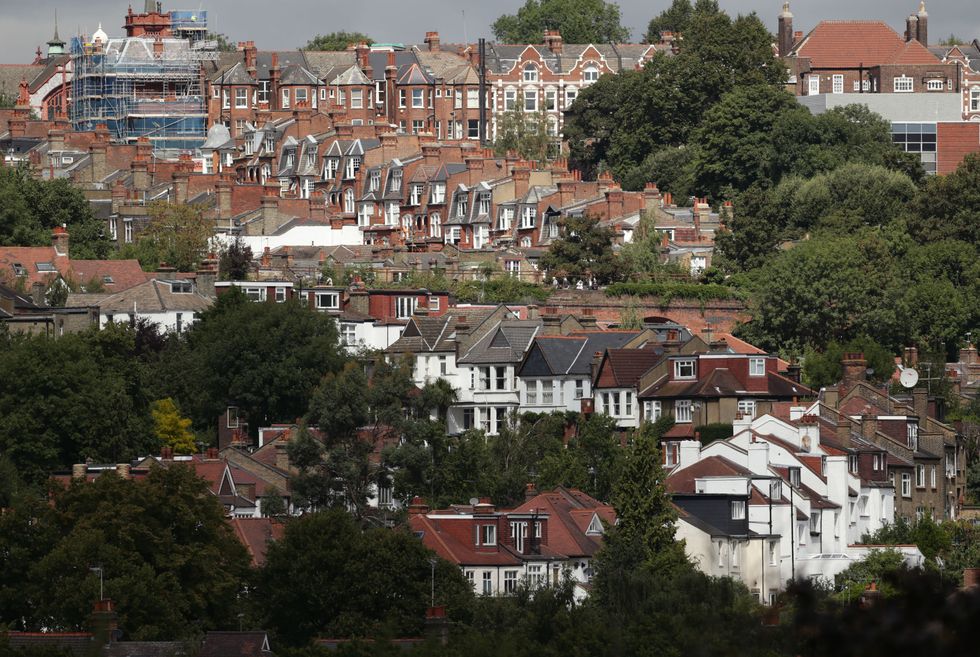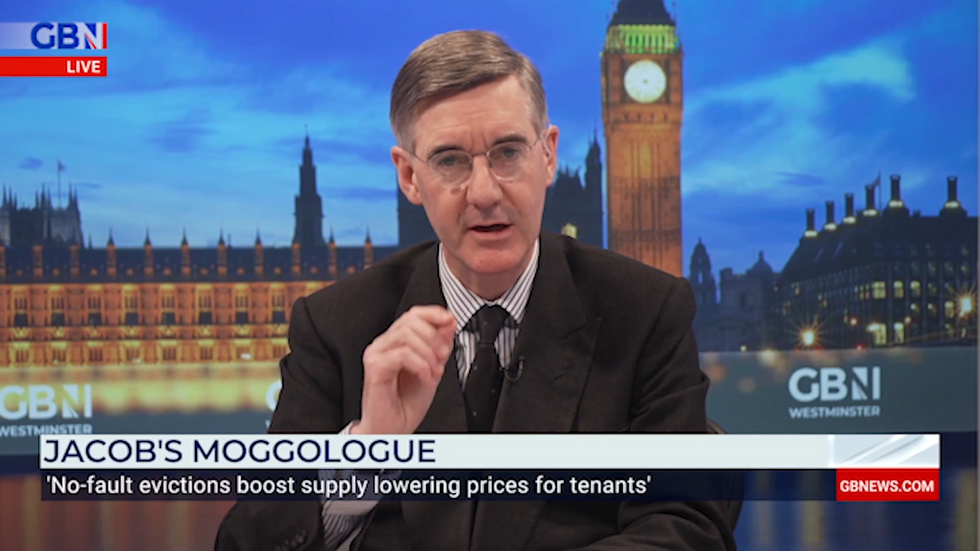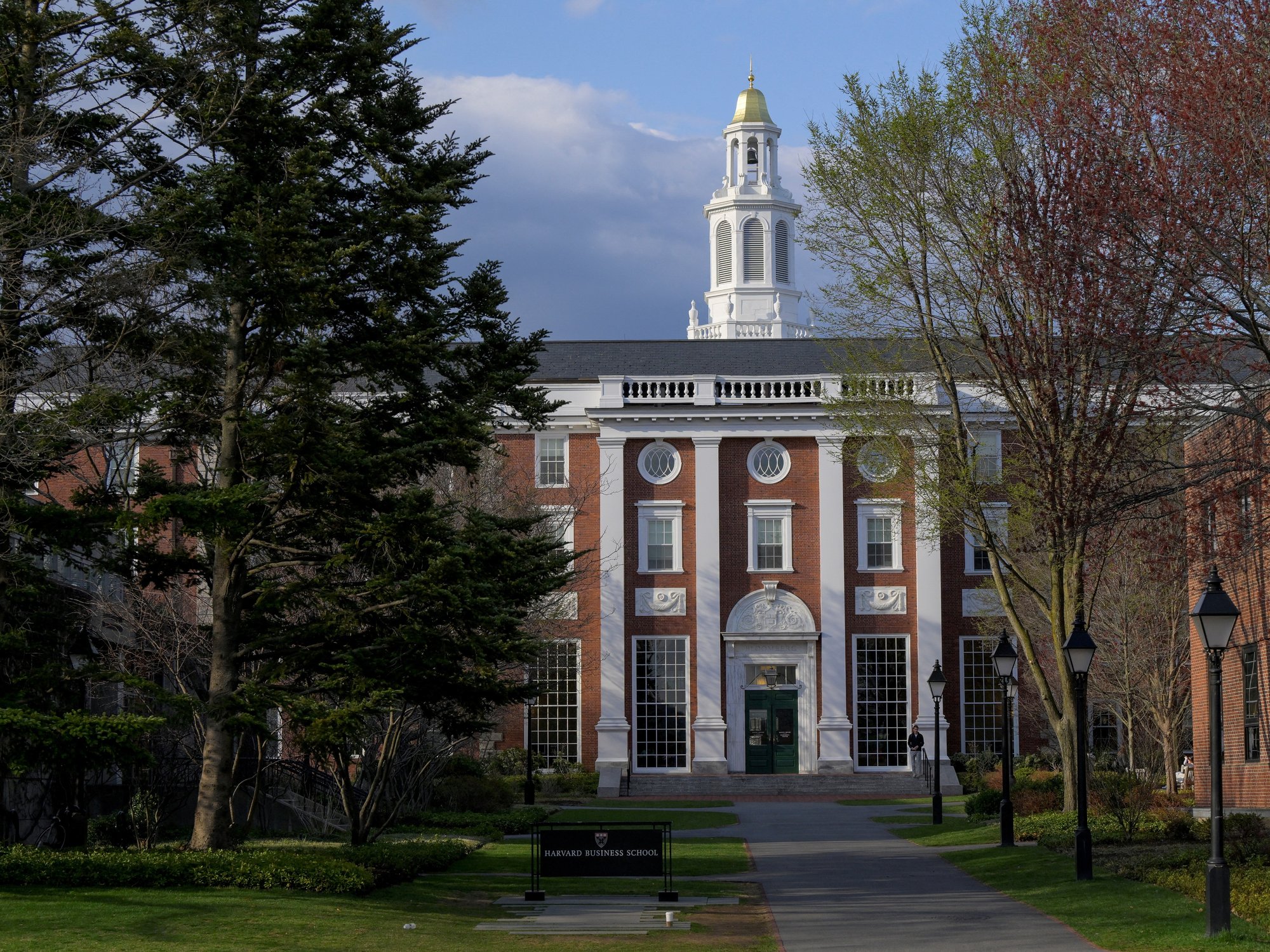'The Renters Reform Bill won't help the housing shortage,' warns Sir Jacob Rees-Mogg

Jacob Rees-Mogg is among the landlord MPs who have backed amendments to the bill
Don't Miss
Most Read
Property rights are at the heart of our Constitution. Indeed, I'd go as far to say it's one of the four great pillars, along with freedom of speech, the rule of law and democracy.
Free markets depend on them, but governments love to regulate. They regulate because they can, and they want to replace freedom with central control.
And this is at the heart of the problems posed by the Renters Reform Bill, sponsored by the housing secretary, Michael Gove. The bill is a socialist error.
Bizarrely, it seems to abolish fixed-term tenancies between tenants and landlords, something that both sides often want. And it also seeks to remove Section 21 evictions.

Jacob Rees-Mogg shared his views
|GB News
Now these inevitably have a bad press and conjure up landlords getting rid of good tenants. But that's not the reality of them. Well, Section 21 does.
It reassures landlords that they will be able to get their properties back, and this guarantee increases supply and all the sensible landlords, and most are sensible, want to keep good tenants.
They have an investment. They want to receive the rent and say they're happy for tenants to stay as long as they do pay the rent.
But the security, the knowledge, the certainty that a property can be taken back into ownership without giving a specific reason, encourages landlords to come into the market, increasing supply and luring prices for tenants. As an aside, it can also be helpful for tenants.

He believes that the Renters Reform Bill, sponsored by the Housing Secretary, Michael Gove, is a 'socialist error'.
| PASometimes there's a difficult tenant who's annoying the neighbours, and it's easier to say 'I want you to leave under Section 21' than to say 'I'm asking you to leave because you're difficult', which then stays on that tenant's record, causing future problems later on.
It removes a stigma that may attach not necessarily to bad tenants, but against ones who've had complaints against them. And in this way, everybody gains.
If you doubt this, look at the boom in the private rental sector, which began with Section 21 coming in and it helps mobility of labour and what does mobility of labour do? It increases economic opportunity and activity. It makes the labour market more flexible. But this bill isn't the only problem.
There are further proposals that harm property owners without helping tenants. Under Michael Gove's plans, councils and I wouldn't give councils any more powers. They've got far too many busybody powers already. But councils are set to be granted new powers to force second homeowners to apply for planning permission before letting properties to tourists in popular areas.

Jacob Rees-Mogg discussed the Renters Reform Bill
|GB News
Part of the plan includes a mandatory National Register intended to keep track of short term. Let's but what right does the Government have to do this? It's your property, why shouldn't you let it out for a few weeks? Any serious conservative government's impulse would oppose the socialist move.
Flexible letting arrangements encourage tourism and boost local economies through visitors, sometimes to relatively poor areas. There are already 20 planning classes.
Who in their right mind thinks we need a 21st? And it won't help the housing shortage. This is caused by the failure to build more houses because of the already over bureaucratic and complex planning system. More regulations cannot possibly be part of the solution.
They're likely to make it worse. In truth, renters and landlords interests converge. If costs are lower for landlords, costs will be lower for renters, and we make renting more difficult for landlords. That imposes costs onto renters and supply falls and prices rise.
Indeed, with rent being expensive in certain parts of the country and having gone up, what we ought to do is make it easier for people to let properties boost supply and bring prices down. These are arguments that I'd normally expect to have with the Labour Party, with the socialists. Instead, I seem to be having them.











